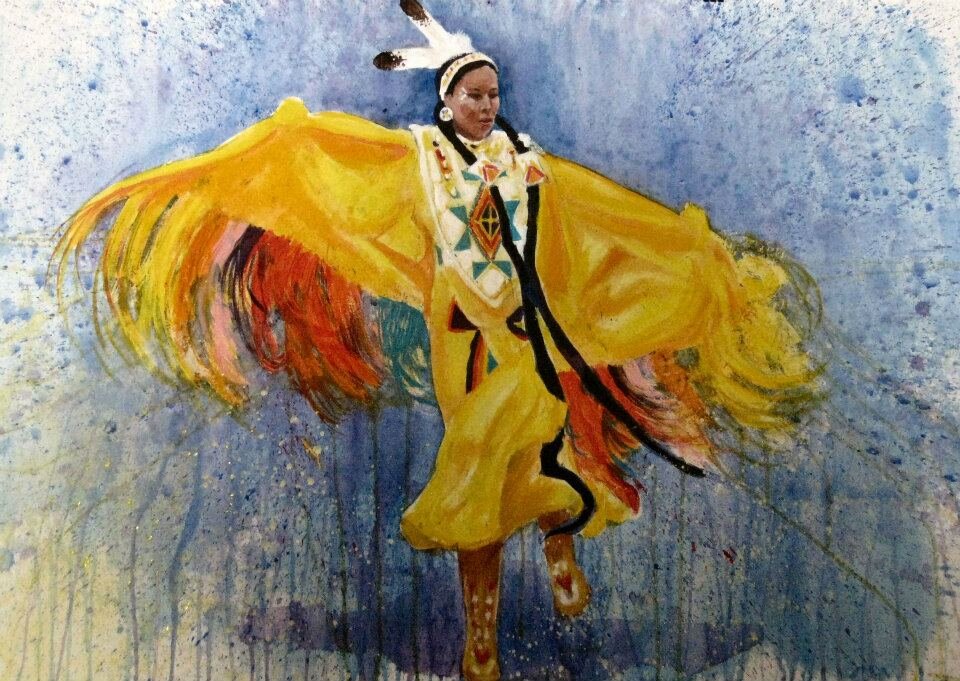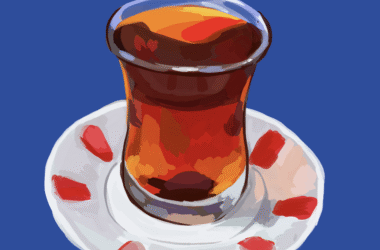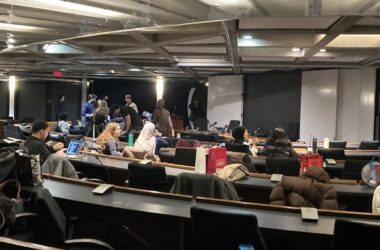While Montreal’s entrance into the red zone means an increased period of social isolation for many, the continued spread of COVID-19 has further exacerbated the unhoused population’s daily hardships. As shelter capacities decrease, unhoused individuals are at risk of being further shut out of the already limited sources for refuge. Events like the annual Spirit Walk, hosted by the Native Women’s Shelter of Montreal (NWSM), seek to aid these communities.
Indigenous Peoples are overrepresented amongst the demographic of the unhoused population. In 2018, a survey conducted by Quebec’s Ministry of Health and Social Services revealed that Indigenous peoples represent 12 per cent of the unhoused population in Montreal despite making up only one per cent of the city’s general population.
Since 1987, the NWSM has been the only shelter in Montreal providing services solely for Indigenous women and children. The shelter supports its residents by supplying them with basic needs such as food, clothing, hygiene products, and dignity along with traditional and contemporary healing techniques.
This year, the NWSM’s seventh annual Spirit Walk, a fundraiser designed to raise pledges for the shelter, has transitioned to an online platform. In previous years, the Spirit Walk took place in the summer and participants would gather at Mount-Royal to walk together in solidarity. This year, from Sept. 28 to Oct. 9, community members were instead invited to go on their own socially-distanced walks, post a selfie, and share online why they chose to support the shelter. On Oct. 5, the fundraiser surpassed its initial goal of $45,000.
Despite the absence of a physical gathering, the strength of the shelter’s community has persisted online. Nakuset, executive director of the NWSM, describes the support and solidarity participants have shown.
“I am pleasantly surprised at the initiative that everyone has taken,” Nakuset said. “I know one person that is paddling and getting sponsors [….] People are doing it, and it’s powerful that this continues.”
This year’s Spirit Walk will support those navigating the child welfare system by empowering Indigenous women to advocate for themselves, their children, and their rights as mothers. Nakuset described the significance of this year’s walk and its intergenerational focus both for herself and for the shelter.
“I myself am adopted, and The Seventh Generation Prophecy says that those who are taken away will be the ones that empower and lead the way,” Nakuset said. “The Prophecy thinks about the kind of work you need to do in order to make sure things are good and safe for the seven generations ahead of you, that things will be easier for them.”
The NWSM’s mandate—to not only help each resident with their unique hardships but repair the shared systematic roots that perpetuate them—is embodied in this prophecy.
Nakuset described the Canadian government’s exclusion of the unhoused population while disseminating information about the pandemic.
“When the Prime Minister was making messages in the beginning of COVID, they were geared toward the middle class, not the homeless population,” Nakuset said. “They were left out, literally left out into the streets [….] We would see people bawling their eyes out like children, so devastated they have nowhere to go. I’ve never seen that before.”
The NWSM closed for two weeks in May when seven of its staff members became ill, a microcosm of the pandemic’s effects on at-risk populations. The shelter reopened after meeting with Architecture Sans Frontières Québec to implement safety measures and now offers specialized therapy services for its clients through phone calls.
Nakuset noted the difficulties that the shelter has endured but remains optimistic for the future.
“With the second wave, it’ll continue to be challenging, but I feel like we have a leg up in terms of putting all these protocols in place,” Nakuset said. “Everything’s changed. We’re adapting the best way that we can but it’s certainly not easy.”
Due to safety protocols, the NWSM can no longer accept volunteers or non-monetary donations. Nakuset asks individuals, however, to consider the power that they have to effect change.
“It’s looking around you, seeing what you can do for Indigenous peoples,” Nakuset said. “Have you read the Truth and Reconciliation Commission reports? If you see someone who’s homeless, can you give them a sandwich, a smile, a resource?”







